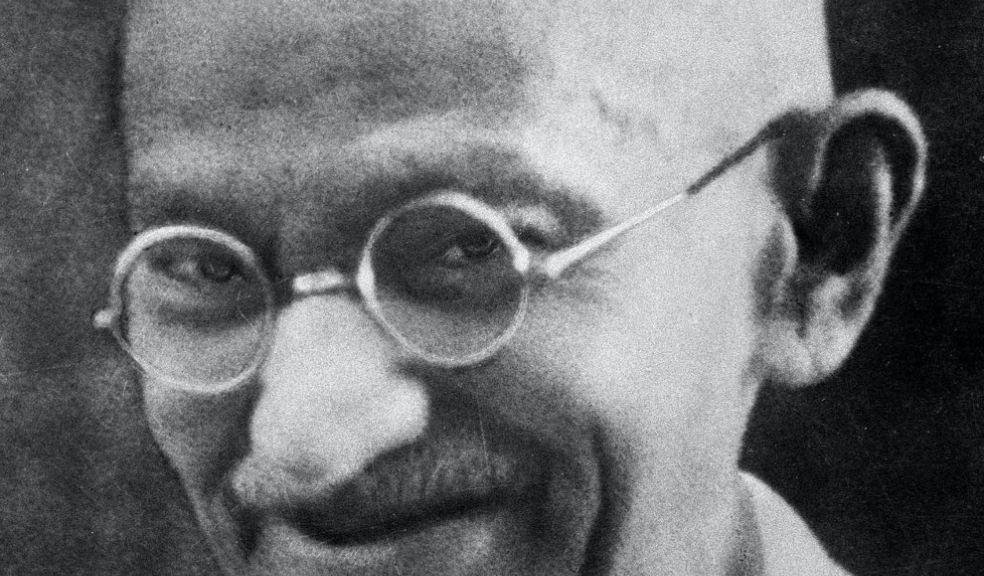
Gandhi's Historical Letters: Conviction and Calls for Justice
Mahatma Gandhi is one of the most well-known figures who called for a peaceful pursuit of justice. In the face of injustices, he repeatedly wrote to supporters and opposing government officials from prison. Recently published historical letters show the conviction Gandhi had, and the way he sought to bring about reform.
Gandhi's Quit India Movement
Gandhi's calls for justice became intertwined with calls for India to end British rule in a peaceful way. This led to the Quit India Movement, which Gandhi started 80 years ago on August 8, 1942.
The movement's largest demonstration involved hundreds of thousands of protestors marching in 1942 -- approximately 60,000 of whom were arrested. Gandhi was, of course, among the arrested.
A couple of selected historical letters from Gandhi demonstrate the conviction that led him to start the Quit India Movement, and that also kept him hopeful even when unjustly detained in prison a total of ten times.
1933 Letter: Conviction Firmly Rooted
Nearly a decade before starting the Quit India Movement, Gandhi already had a deep conviction to pursue justice in nonviolent ways. He'd been imprisoned in 1933 for protesting against various injustices, and one of the letters written during this imprisonment shows just how deep his conviction was even at this point.
In a January 12, 1933 letter, Gandhi wrote: "When the conviction goes deeper than the intellect, you will brave all dangers and risks and live the true life, and you will at once find that it is its own reward." The true life, it'd turn out, could be lived outside of or within prison.
1942 Letter: Injustices and Detention
When he was arrested during the 1942 Quit India Movement's demonstration, Gandhi again wrote from behind bars. This particular letter shows how the conviction from 1933 was carried out through Gandhi's work. His letter continues to call for reforms, and shows the non-effects of prison.
The letter was addressed to the Secretary of the Government located in New Delhi, and Gandhi wasted no lines lodging the Quit India Movement's complaints. His writing calls the government's arrest of 60,000 unjust, as they were arrested "on mere suspicion."
The thought that this group was arrested was "unthinkable" to Ghandi not just because of the injustice to them, but also because so many people could "be usefully employed in relieving distress." One of the movement's complaints was the widespread occurrence of "suffering from preventable starvation." These demonstrators could be used to end such suffering.
Reflecting on his own imprisonment and its effects - or lack thereof - Gandhi wrote: "The huge place in which I am being detained with a large guard around me, I hold to be a waste of public funds. I should be quite content to pass my days in any prison."
Gandhi's Final Years
Gandhi was released from prison two years later, because the British didn't want him dying an imprisoned martyr as he battled malaria. He was assassinated four years later. Gandhi never gave up his calls for peaceful reform, and these letters capture the motivations behind those calls.
Of Lost Time's Behind Bars Collection
These two letters from Gandhi have been published as part of Of Lost Times' Behind Bars series, and can be read on the organization's website oflosttime.com. The collection includes selected historical letters from Paul the Apostle, Sylvia Pankhurst, and numerous others who were detained in prisons throughout history.











